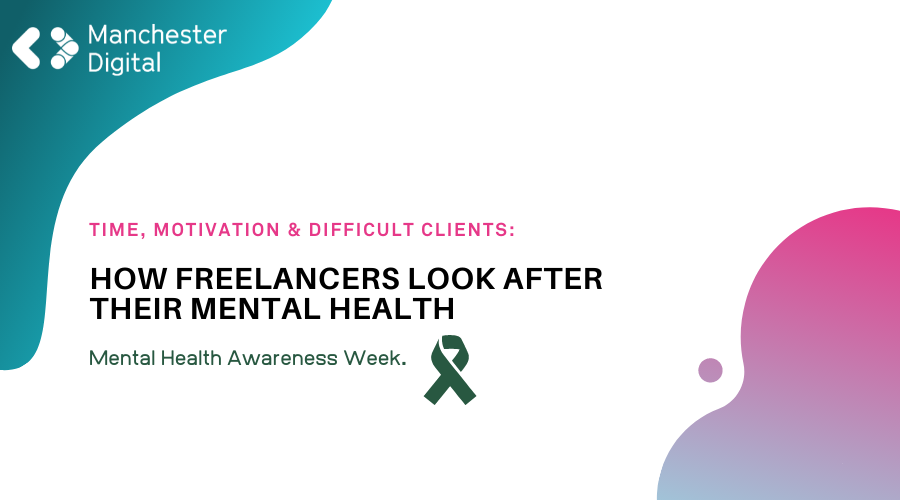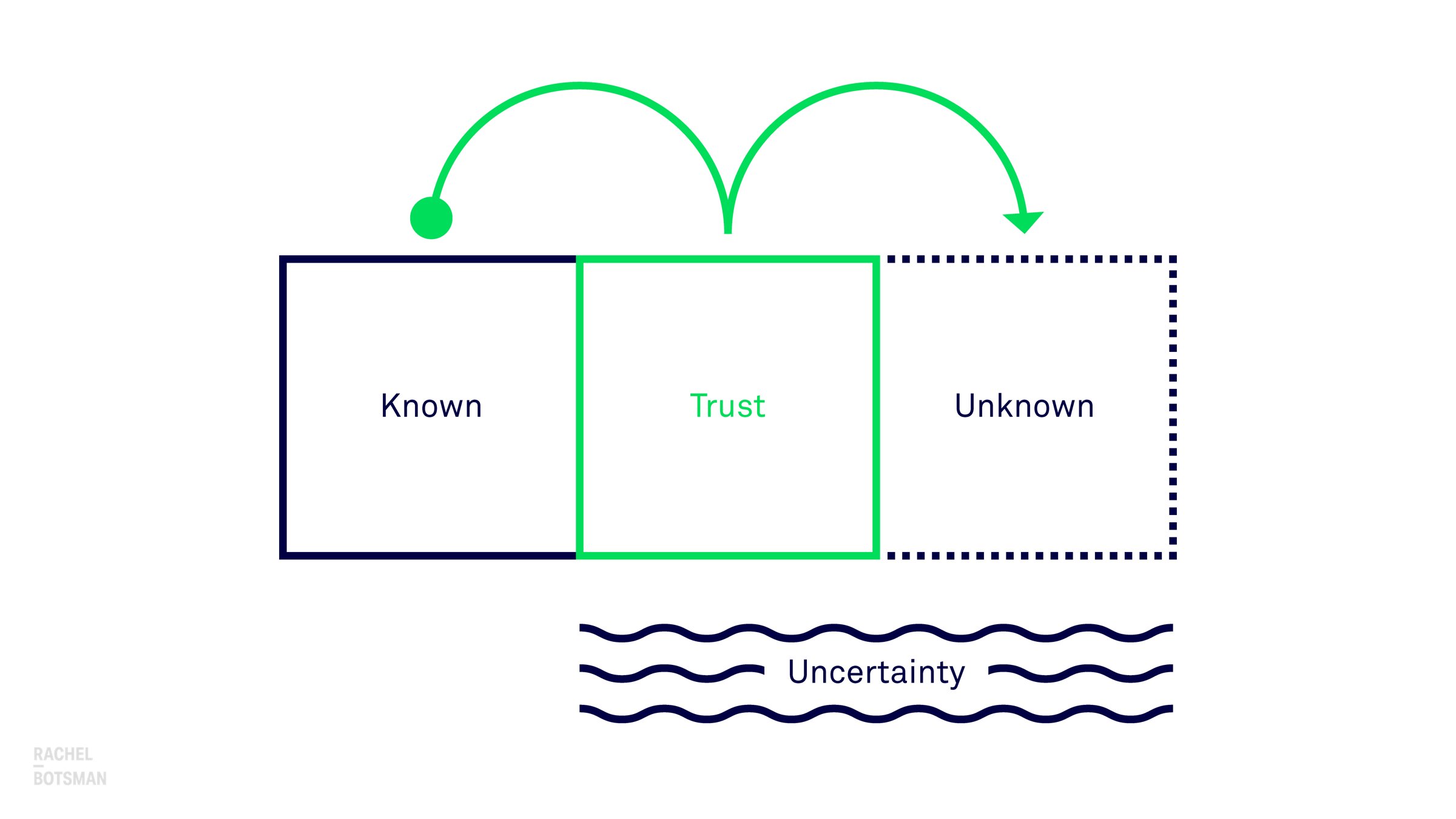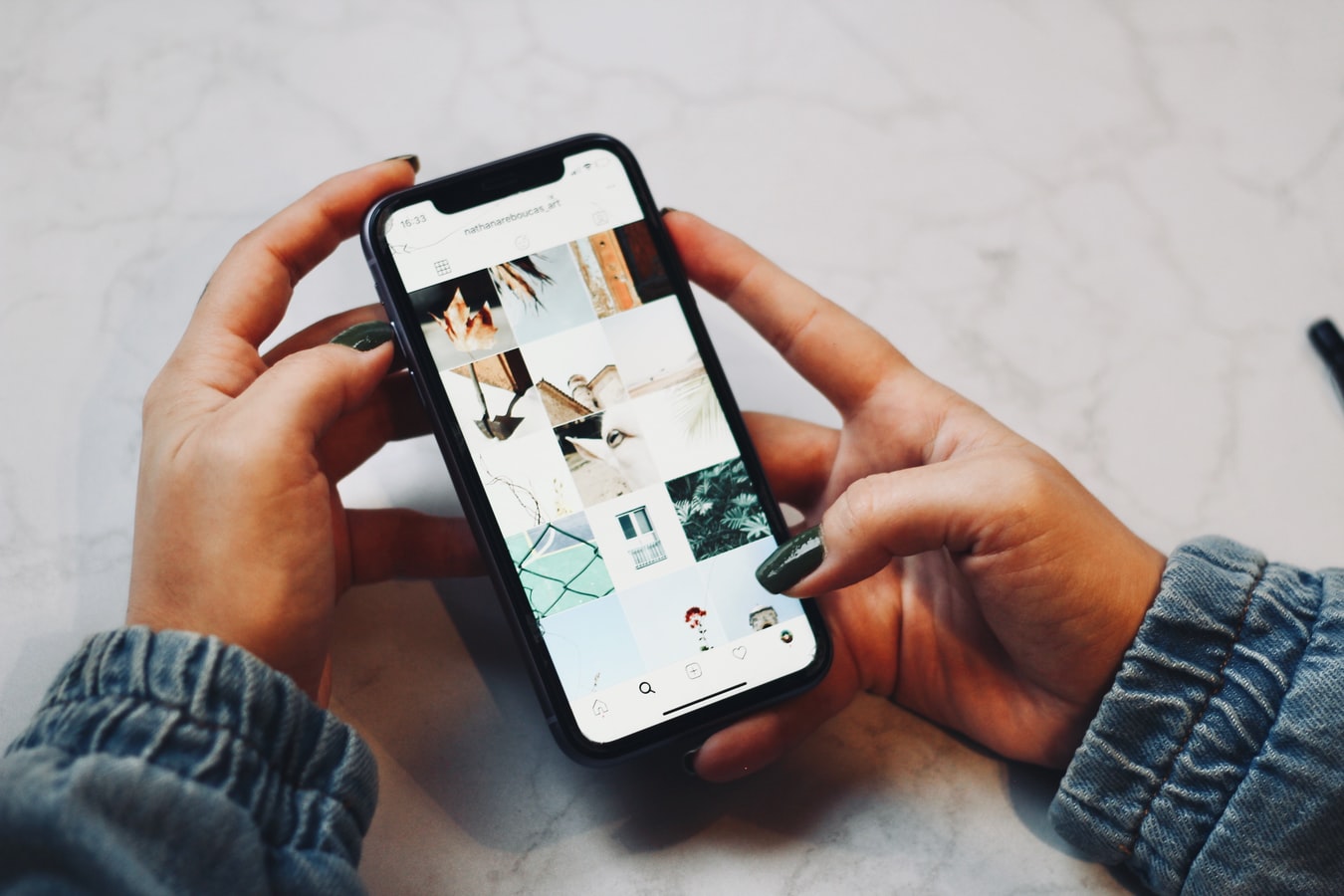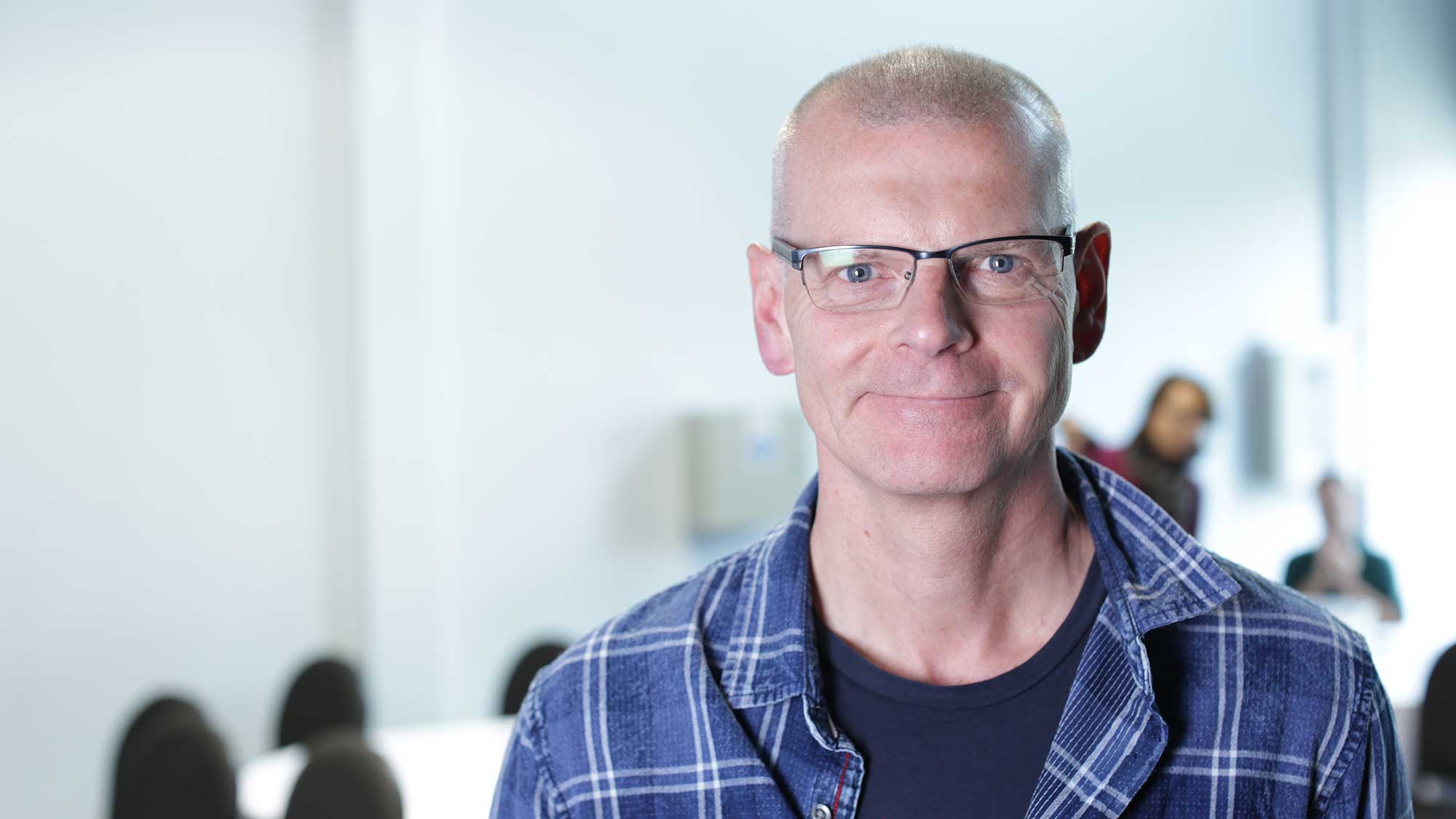
Welcome to a special Manchester Digital’s Freelancer Focus for Mental Health Awareness Week 2021.
We often hear of the many things organisations do to protect and support their employees' mental health, wellbeing and sense of belonging.
It seems that now, more than ever, companies are really starting to take mental health and wellbeing more seriously - and quite rightly so!
There is a clear progressive workplace culture that companies have adopted to not only protect their employees but also to ensure that they have the support they need to do their job and help them through their everyday life, particularly in the time of a pandemic.
At Manchester Digital, we have a plethora of forth-coming businesses who are happy to share their programs and initiatives on the topic.
But what about freelancers? It can be a different conversation altogether.
As employees, we hope we can trust our employers to help us get through pandemics and rocky situations. But who can freelancers trust?
Rachel Botsman, a lecturer at Oxford University, defines trust as a 'confident relationship to the unknown.'
 An illustration by Rachel Botsman to describe trust
An illustration by Rachel Botsman to describe trust
Employees have the luxury of assuming a paycheck at the end of the month, a support bubble and more, whereas most freelancers entered the pandemic in the ‘unknown’ territory and were left to wonder how and when they’d get their next paycheck.
So if you are a freelancer, this one's for you.
13 different freelancers have come forward and shared with us their top tips and advice to help other freelancers look after your mental health, covering everything from dealing with difficult clients to how to stay motivated and keep social…
Introduction by Myles Hamilton - Membership Executive at Manchester Digital.
As a freelancer, do you have any tips on staying social? If so, what are they?
“It can be really hard to plan social time when you're a freelancer as a lot of your workload depends on other people. In PR particularly, a lot of work is time-critical so if you've planned to see a friend that can all go out the window quite easily if something urgent crops up. Lockdown has changed my social habits a lot - now I am more likely to grab a brew with a neighbour than meet another freelancer in a coffee shop. Overall, it's really important to schedule social catch-ups with people who work in your industry for your own well-being, as well as for networking.”
Carolyn Hughes (Breathe PR)
“If you have the opportunity, allocate a day in the week where you have time set aside to network, Friday is usually easiest. If you can block out Friday afternoon to head into town and meet people you are more likely to do it than to just make vague plans to meet up that never materialise.”
Rob Weatherhead
“Be Human. Be open. Be honest and say hello to people! "Dont be a stranger". 5 minute chats are OK...we do have 5 minutes… Honestly... we DO!”
Imanuel Steele (PrinD Technology)
How do you try to implement a healthy work life balance?
“Make a written plan for your work day and stick to it. One of the biggest issues Freelancers have, myself included, is knowing when to switch off. It's so easy to tell yourself "I'll just finish this small thing" at 6pm on a Friday and before you know it it's 10pm and you're still sitting in front of the computer. I find planning out your tasks for the day in order of priority and keeping track of what you've completed helps a great deal when trying to keep a healthy work life balance. You can clearly see your progress and any items on your list not completed can be moved to the top of the list for the next day.”
Aaron Phelan (Aaron Phelan Creative)
“It all centres on that all important routine and planning, but ultimately I don't believe you can have a perfect work life balance. I think once you accept that sometimes work will take over then you can stop stressing about finding that 'balance.' The key is to sometimes also let life take over, say f*ck it on a Friday and take the afternoon off, start late on a Tuesday, if the sun is shining and you don't have any deadlines; take a long lunch. You're the boss - give yourself time off. You get to choose where you weight the scales.”
Sarah Knight (Mind The Gap)
“Learn to switch off at key points of the day / week and make time for the healthy stuff.”
Nigel Milligan (iNam Concepts)
How do you find time to relax and stay healthy?
“Have hobbies and interests outside of your work. As freelancers, the work we do tends to also be the thing we are most passionate about. This can quickly lead to an unhealthy worklife balance and burnout if it dominates all of our time and attention. As a photographer and designer, I find that by making the time to do other things I enjoy such as sports, walks in nature and socialising, it keeps my passion for my work and the industry alive.”
Aaron Phelan (Aaron Phelan Creative)
“With a lot of difficulty! Like anything, you have to schedule and plan and stick to it if you want to ensure you have time to exercise and get outside. I have an allotment which is a great motivator. If I can get all of my work done without procrastinating, I can take a long lunch break and head down to the allotment for a much-needed break from the laptop and some time outdoors. It's always important to remember that everyone has days where they're tired and just need a break. Knowing when to shut the laptop and go for a walk is really important.”
Carolyn Hughes (Breathe PR)
“I diarise it.”
William Breitholtz (Saddleworth Digital)
“Balance is they key here isn’t it? We all get the same 168 hours a week to live our lives in 24 hour chunks. What we prioritise defines us. I start every day with some quiet time and a coffee. Even in the busiest times I make small chunks of time to speak or be with loved ones, be it in nature - even if it's just a walk around the block or 20 minutes in a park. We become what we eat and we are what we do. Make time for meals and enjoy your food plus some form of getting away from your desk as a habit. Listen to your body and be kind to your mind. I believe the answers are always simple here and within us already. Walking every day is my mantra.”
The Pitch Doctor
“I finish work at 5.30 at the latest, go on a daily walk with the dog and play tennis regularly.”
Reuben Ash (Proximo Strategies)
“I carve out time for exercise on most days. This is easier when working from home than it would be in a city centre office. Also, because I work best in short, concentrated bursts, I find the days I get more done are the days I take time away from the screen for a run before lunch.”
Martin SFP Bryant
How do you deal with difficult clients?
Clients are only difficult when they're not sure what they need or feel like there's not enough communication from you. I try to acknowledge my client's concerns and ask questions to find out how I can help and keep an open dialogue when resolving the issue.”
Lotty Cairns (MKTG Lotty)
Clear communication and calmly addressing potential differences of opinion head on as soon as they become apparent. That and being prepared to walk away if needed.”
William Breitholtz (Saddleworth Digital)
“What makes anything difficult? A maths or science question may seem impossible, until we understand and put effort into a solution. I apply that logic to interpersonal relationships, specifically clients. Do I actually understand their needs, and am I able to provide a solution? If not then the difficulty may be down to me...”
Imanuel Steele (PrinD Technology)
“If the difficulty is with the client I move them on as quickly as possible after completing work I've committed to. Life is too short for difficult clients.”
Simon Belt (Simply Better IT)
“If a client disputes some of your work output, remember that the client isn't always right. Sometimes it makes sense to make changes based on their feedback (you're working for them, after all) but have the courage of your convictions and don't be afraid to tell them when your experience tells you that you're right. If you have a good reason, they'll hopefully accept it. If they don't, it's their loss!”
Martin SFP Bryant
How do you keep motivated as a freelancer?
“Twenty years of running my own business means I am pretty used to finding that all important self-motivation. It's all about the routine, the planning and knowing how to press play on the day. The five second rule to press play is a great way to stop yourself procrastinating on pause.”
Sarah Knight (Mind The Gap)
“Exercise mostly - lots of walks and making lists.”
Jack Appleton (Relentless Media)
“I try to pick work that I really enjoy doing. Sometimes that’s about finding complex and challenging pitch project or helping to improve the culture of communications in a fast moving business. Often it’s simply the satisfaction of doing the job properly and knowing that. I’m still fascinated by people and how we communicate with each other and the underlying fears and technical aspects of coaching people on why humans fail to connect and what to do about that. Appetite is key for me. I’m always looking for that wonderful nexus of where my mix of skills meets a culture where tremendous change is possible.”
The Pitch Doctor
“I focus on why I'm doing what I'm doing, there's so much to life than just working.”
Nigel Milligan (iNam concepts)
Do you have any advice to new freelancers who have just started or are thinking about starting?
“Make sure communication and honesty is at the heart of what you do for your clients. Never promise anything or deadlines you can't stick to - even at the start of your freelancing career. Make sure your clients understand how you work and set boundaries if you need to (WhatsApp messages after working hours etc) - that should be part of your work-life balance plan!”
Lotty Cairns (MKTG Lotty)
“DEFINITELY prioritise your mental health. It can be easy to jump in feet first and work, work, work, without focussing on a balance. You can't be a machine, or at least you can't sustain it. Talk to other freelancers too. When you start out, all those are haven't got their own businesses seem to be throwing advice at you about everything from banking and finances to work / life balance. It's all usually with the best intentions, but ultimately they don't know what it's like - other freelancers do. Freelancers are a friendly bunch most of the time - hangout with the ones and talk to the ones who celebrate your wins and help you succeed through collaborations.”
Jack Appleton (Relentless Media)
“Build your network before you need it. I have said this numerous times to people thinking about it or graduates entering the world of work. 90% of my work in the last 12 months is through connections. Some have never worked with me, but know of what I do or simply just get along with me. Others are ex-colleagues who know me very well. Everyone you meet from an industry or professional basis is a potential source of leads in the future. And in this vein, be helpful to others too. I refer lots of work to businesses and contractors free of charge. I help people get jobs or provide career advice. I stand by the belief that it all comes back around and at some point one of these people will refer me to a potential client.”
Rob Weatherhead
“Do a good job and extend connections through referrals and business networking.”
Simon Belt (Simply Better IT)
“Decide how much you want to earn each week, month, year and work backwards from there”
Reuben Ash (Proximo Strategies)
Want to become more involved with Manchester Digital?
Events, editorials, access to business support and more.
We are here to help.
Get in touch with me today for a chat: myles.hamilton@manchesterdigital.com









